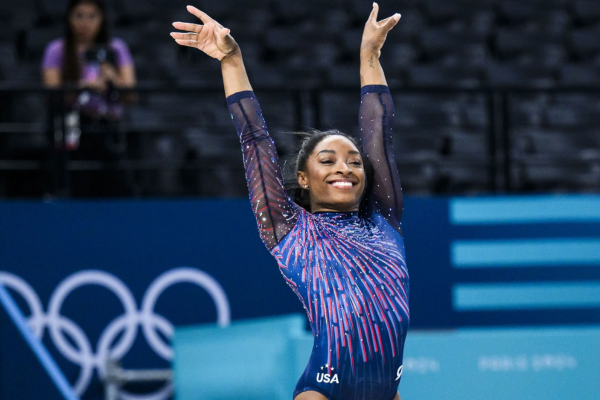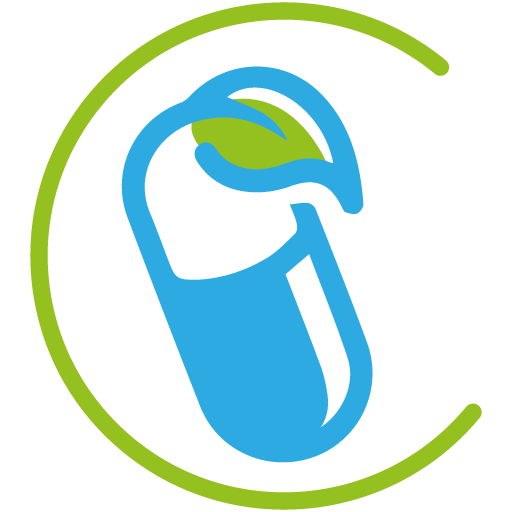As the world’s eyes turn towards France for the 2024 Olympics, athletes from all disciplines are gearing up for peak performance. Nutrition plays a pivotal role in ensuring athletes like Simone Biles, the world-renowned gymnast, perform at their best. In this article, we will delve into essential nutritional strategies, the benefits of proper diet, and key considerations for athletes aiming for Olympic glory.
The Importance of Nutrition for Olympic Athletes
Nutrition is a cornerstone of athletic performance. It affects energy levels, recovery, muscle growth, and overall health. For athletes, especially those competing at the Olympic level, optimal nutrition can mean the difference between winning a gold medal and falling short.
Macronutrients: The Foundation of an Athlete’s Diet
- Carbohydrates: Carbohydrates are the primary energy source for athletes. They are crucial for sustaining high-intensity training and competition. Complex carbohydrates like whole grains, vegetables, and legumes should form the bulk of an athlete’s diet. For instance, Simone Biles includes foods like quinoa, sweet potatoes, and brown rice in her meals to maintain her energy levels.
- Proteins: Proteins are essential for muscle repair and growth. Athletes need a higher intake of protein to aid in recovery post-training. Sources such as lean meats, fish, eggs, and plant-based proteins like beans and tofu are excellent choices. Biles often incorporates chicken breast and salmon into her diet to meet her protein requirements.
- Fats: Healthy fats are necessary for hormone production and overall health. Avocados, nuts, seeds, and olive oil are beneficial sources. Including these in moderate amounts helps sustain prolonged physical activity and aids in nutrient absorption.
Micronutrients: Small But Mighty
Micronutrients, though needed in smaller amounts, are vital for various bodily functions.
- Vitamins: Vitamins such as B-complex, C, and D are crucial. Vitamin B helps in energy production, Vitamin C aids in recovery and immune function, and Vitamin D is essential for bone health. Athletes should ensure a diet rich in fruits, vegetables, and fortified foods.
- Minerals: Iron, calcium, magnesium, and zinc are key minerals. Iron is vital for oxygen transport in the blood, calcium and magnesium support bone and muscle function, and zinc aids in recovery. Leafy greens, dairy products, nuts, and seeds are excellent sources.
Hydration: The Key to Peak Performance
Proper hydration is paramount. Dehydration can lead to decreased performance, fatigue, and increased injury risk. Athletes should drink water regularly and include electrolyte-rich beverages, especially during intense training and competition. Simone Biles emphasizes staying hydrated by drinking plenty of water and consuming electrolyte drinks.
Timing and Meal Planning
The timing of meals is as important as their content. Pre-competition meals should be rich in carbohydrates and moderate in protein to provide sustained energy. A balanced meal of whole grain pasta, chicken, and vegetables, consumed 2-3 hours before an event, can be ideal.
Post-competition, a mix of protein and carbohydrates aids in recovery. A smoothie with protein powder, banana, and spinach, or a turkey sandwich on whole grain bread can help replenish glycogen stores and repair muscles.
Specific Dietary Strategies for Gymnasts Like Simone Biles
Gymnasts, including Simone Biles, require a unique balance of strength, agility, and endurance. Their dietary needs must support intense, short bursts of activity and rapid recovery. Biles focuses on:
- Balanced Meals: Ensuring a mix of macronutrients in each meal to sustain energy and support muscle function.
- Frequent Snacking: Healthy snacks like Greek yogurt, nuts, and fruits help maintain energy levels throughout the day.
- Avoiding Processed Foods: Limiting intake of sugars and unhealthy fats to maintain optimal body composition and performance levels.
Potential Pitfalls and How to Avoid Them
Athletes must be wary of common dietary pitfalls:
- Overeating Carbs: While carbohydrates are essential, balance is key. Overeating can lead to weight gain and sluggishness.
- Neglecting Protein: Insufficient protein intake can hinder muscle recovery and growth.
- Ignoring Hydration: Failing to stay hydrated can impair performance and recovery.
Conclusion
Nutrition is a critical component of an athlete’s training regimen. By following these guidelines and learning from elite athletes like Simone Biles, Olympic hopefuls can enhance their performance and recovery. As the France 2024 Olympics approach, athletes should prioritize their nutrition to ensure they compete at their highest potential.
For more tips and personalized nutrition plans, consult with a registered dietitian or nutritionist specialized in sports performance. Proper nutrition is not just about eating right but about eating smart to fuel excellence.





